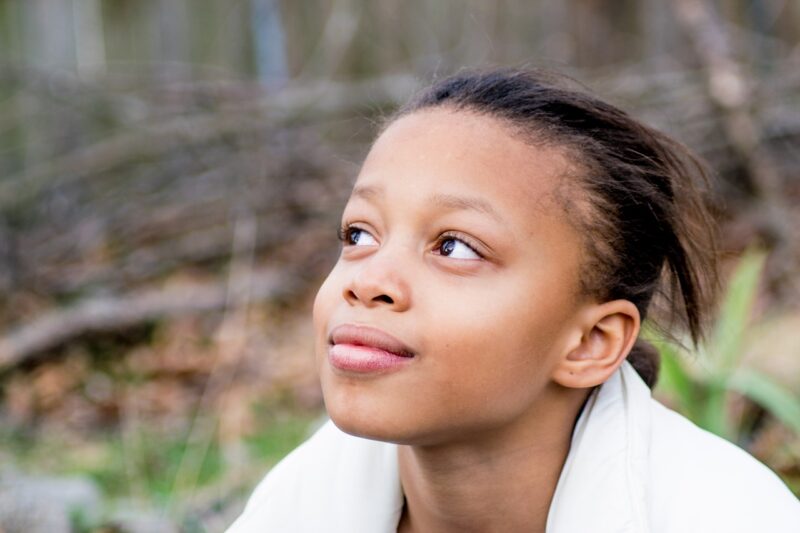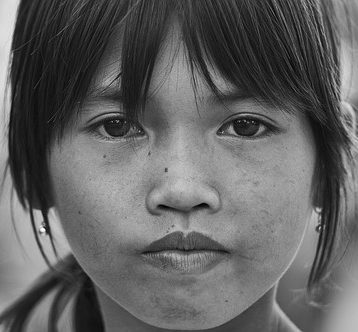
All kids feel stressed from time to time. They may worry about friends, homework, or a big test. Stress is normal. But some kids go through extremely stressful or traumatic situations. These can lead to physical and mental health conditions Read more >>







